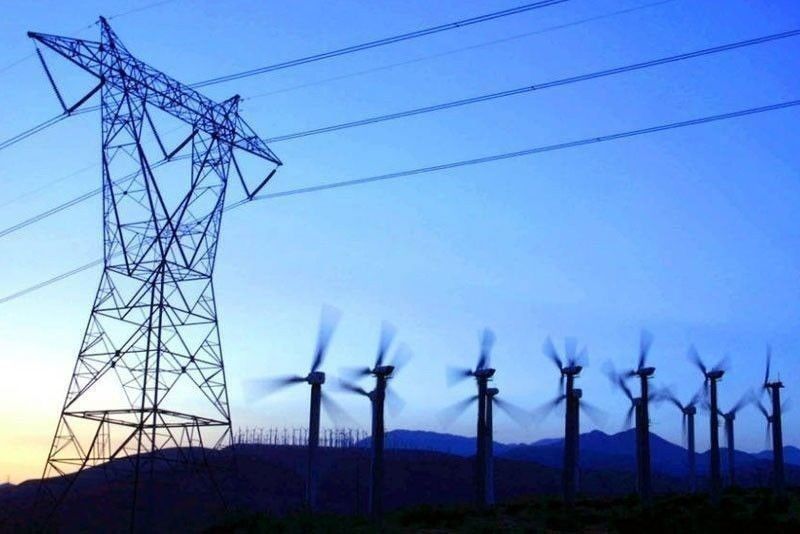Albay eyes 100 percent RE shift by 2030
Patrick Miguel – The Philippine Star February 23, 2024 | 12:00am According to Albay Gov. Greco Lagman, the province needs more reliable sources of energy and has more than 988 gigawatts of untapped renewable energy potential, which is “more than enough” for Albay and could be shared with other provinces as well. Lee Celano / […]


Patrick Miguel – The Philippine Star
February 23, 2024 | 12:00am
According to Albay Gov. Greco Lagman, the province needs more reliable sources of energy and has more than 988 gigawatts of untapped renewable energy potential, which is “more than enough” for Albay and could be shared with other provinces as well.
Lee Celano / AFP
MANILA, Philippines — The province of Albay in the Bicol Region said it plans to shift to 100 percent renewable energy (RE) by 2030 to address power outages during extreme weather events.
According to Albay Gov. Greco Lagman, the province needs more reliable sources of energy and has more than 988 gigawatts of untapped renewable energy potential, which is “more than enough” for Albay and could be shared with other provinces as well.
“With good planning, legislative and policy measures, this potential will increase 10-fold. We are looking at, before 2030, making available 10 GW of renewables,” Lagman said.
Lagman noted that Albay has substantial potential in renewables such as solar, wind and geothermal.
“With a long term vision of leadership, right business and investment models, and inclusive development, Albay and the Bicol Region will ignite a modern industrial renaissance whose benefits will be shared by all the people,” he said.
Lagman also signed a memorandum of agreement (MOA) with the Philippine Movement for Climate Justice (PMCJ) to work with communities, churches, businesses and academe to promote and develop renewable energy in Albay and its neighboring provinces.
“Albay’s commitment to 100 percent RE before 2030 shows their concern for the people, and aligns with the COP28 agreement of tripling renewables by 2030,” PMCJ national coordinator Ian Rivera said.
Last November, President Marcos agreed to join other leaders in the 28th Conference of the Parties of the UNFCCC (COP 28) to address climate issues, including energy.
Moreover, Rivera noted that fossil fuels should peak by 2025 and be phased out in 2030 to keep global warming below 1.5C.
“In the long run, citizens will also enjoy stable and cheaper electricity because RE is not subject to the volatile fossil fuel markets.”
Last October, Lagman declared a climate emergency in the province, urging LGUs to develop corresponding programs and policies.
Meanwhile, the Department of Energy (DOE) has planned on achieving a 35 percent and 50 percent share of RE in the power generation mix by 2030 and 2040, respectively.
The Department of Energy has awarded 1,267 projects with renewable energy service contracts, with a potential capacity of about 120,000 megawatts.














